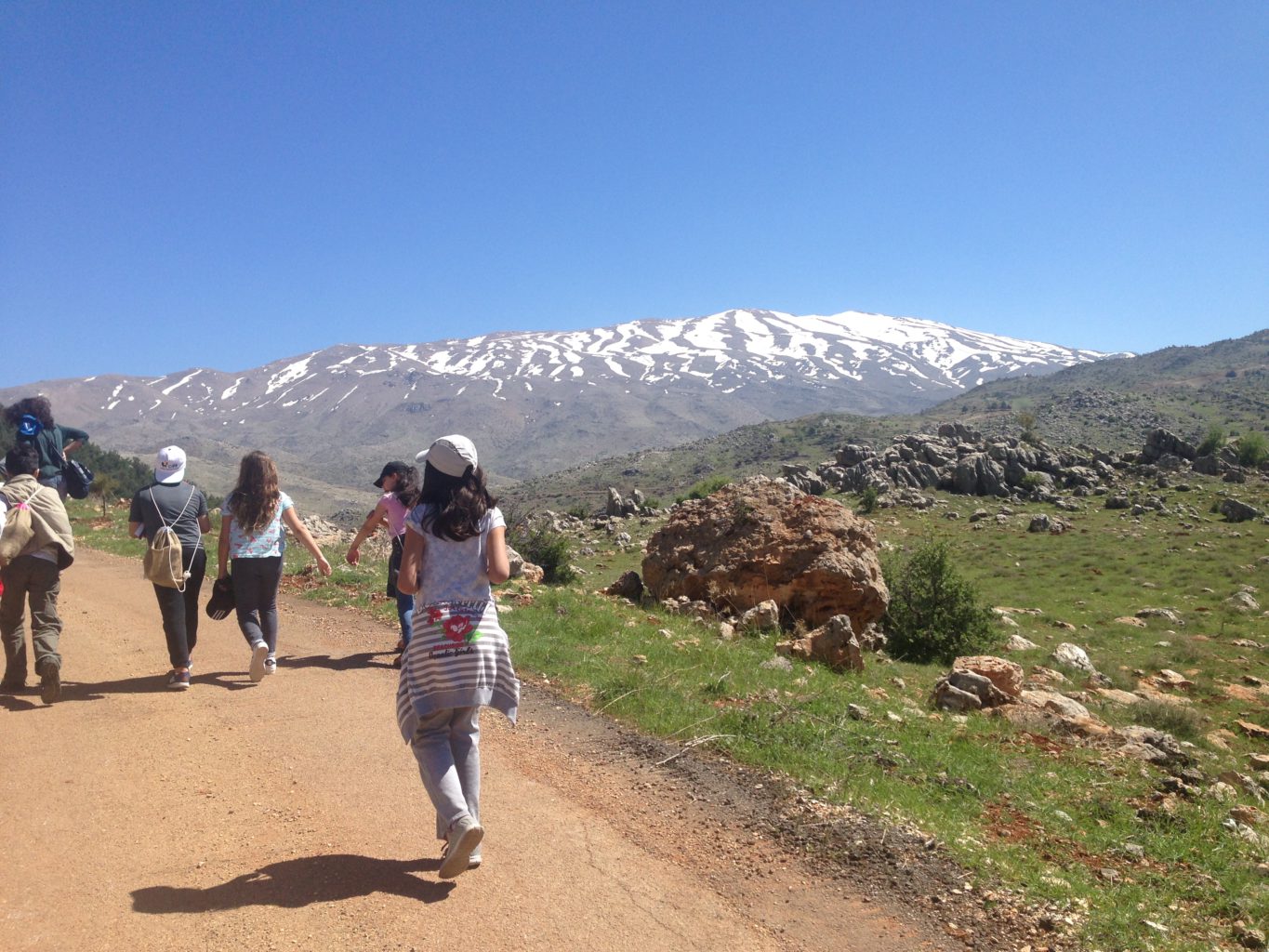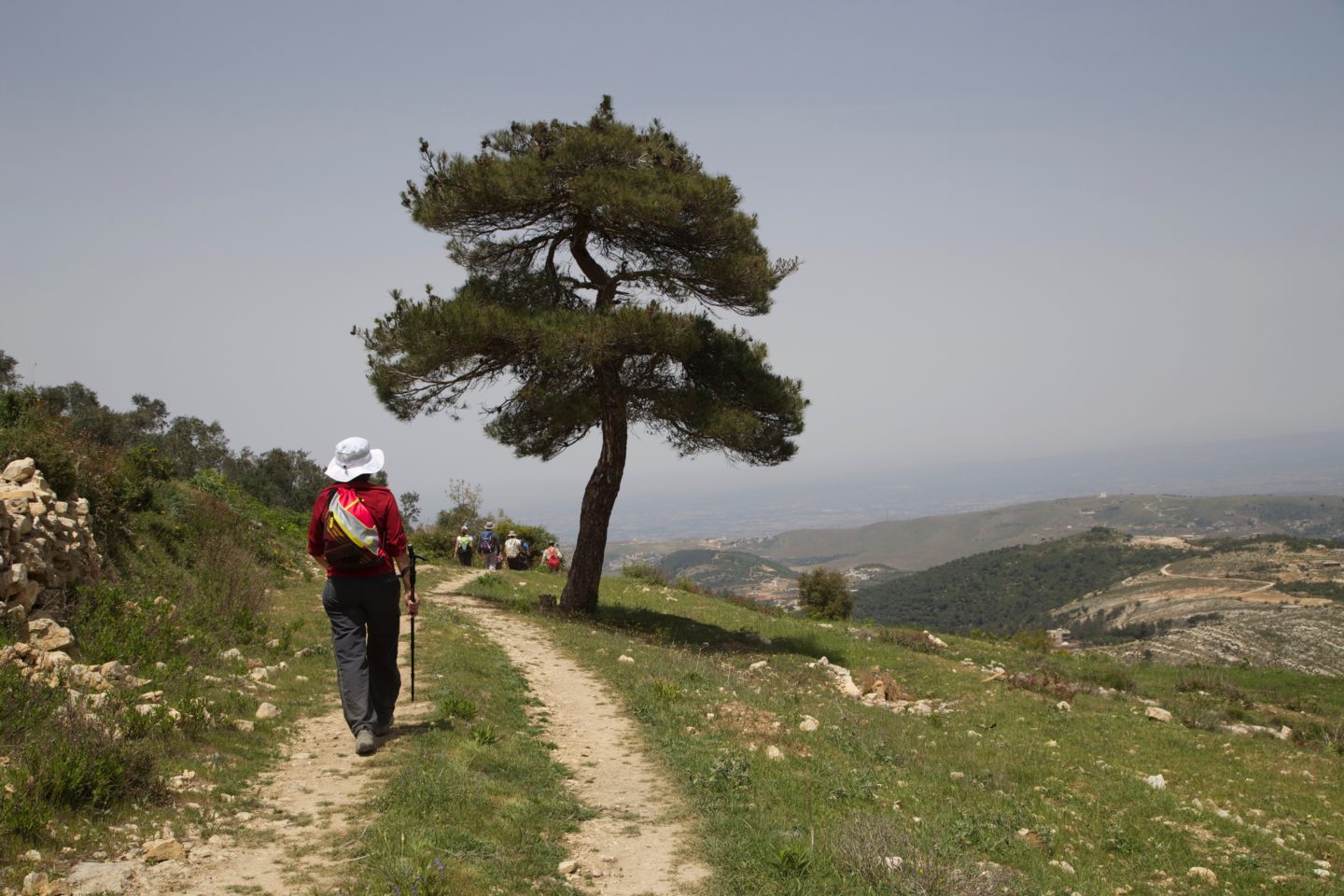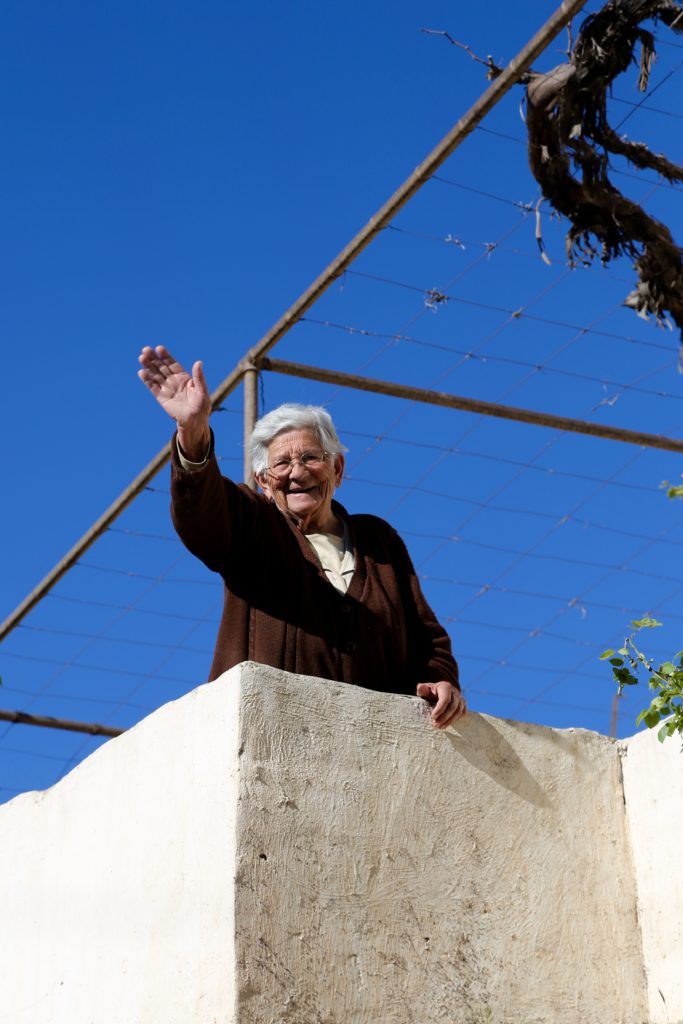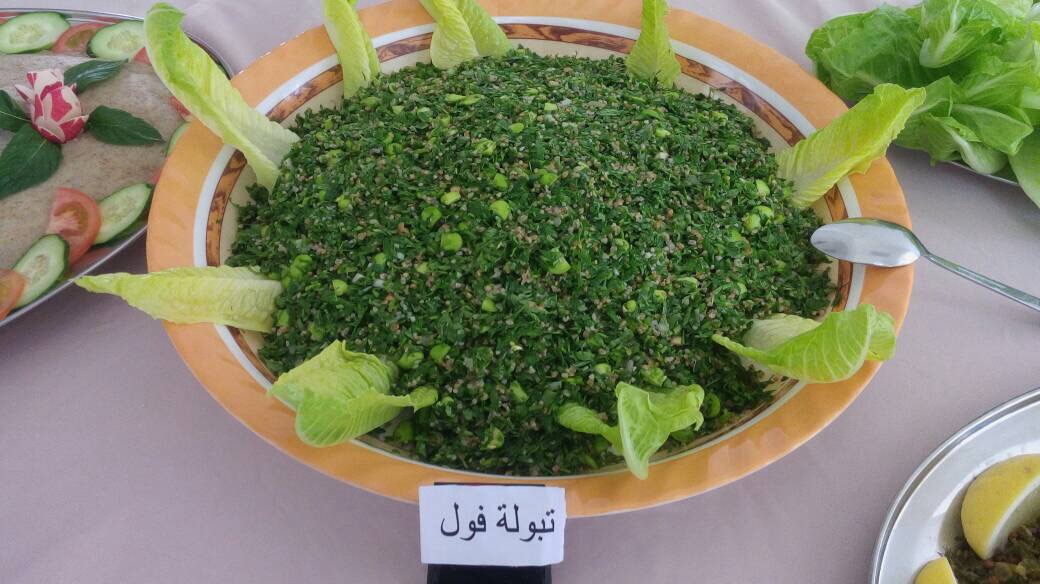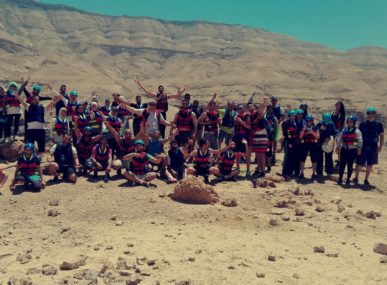From the U.S. to Lebanon:
Sometimes it takes one great trail to inspire another. Joseph Karam had been walking sections of the 3,500-kilometer-long Appalachian Trail since moving to the United States in 1985.
Back in his home country of Lebanon, Karam noticed a growing demand for long-distance hiking. “People started to return to Lebanon after the war ended, and brought with them novel, ecotourism-inspired approaches to enjoying the mountains,” Karam says. “It dawned on me one day that this interest was the tip of something larger, and that it could all be connected via a long-distance hiking trail.”
In the early 2000’s, Karam and his company, ECODIT, had the opportunity to make this idea a reality. USAID issued a request for proposals to expand economic opportunities in rural Lebanon, and a trail that traced the Mount Lebanon range fit the bill. In 2007, just 27 months after the project began, the Lebanon Mountain Trail (LMT) opened to hikers. The full length of the trail runs from Andqet Akkar in the north of Lebanon to Marjaayoun in the south.



